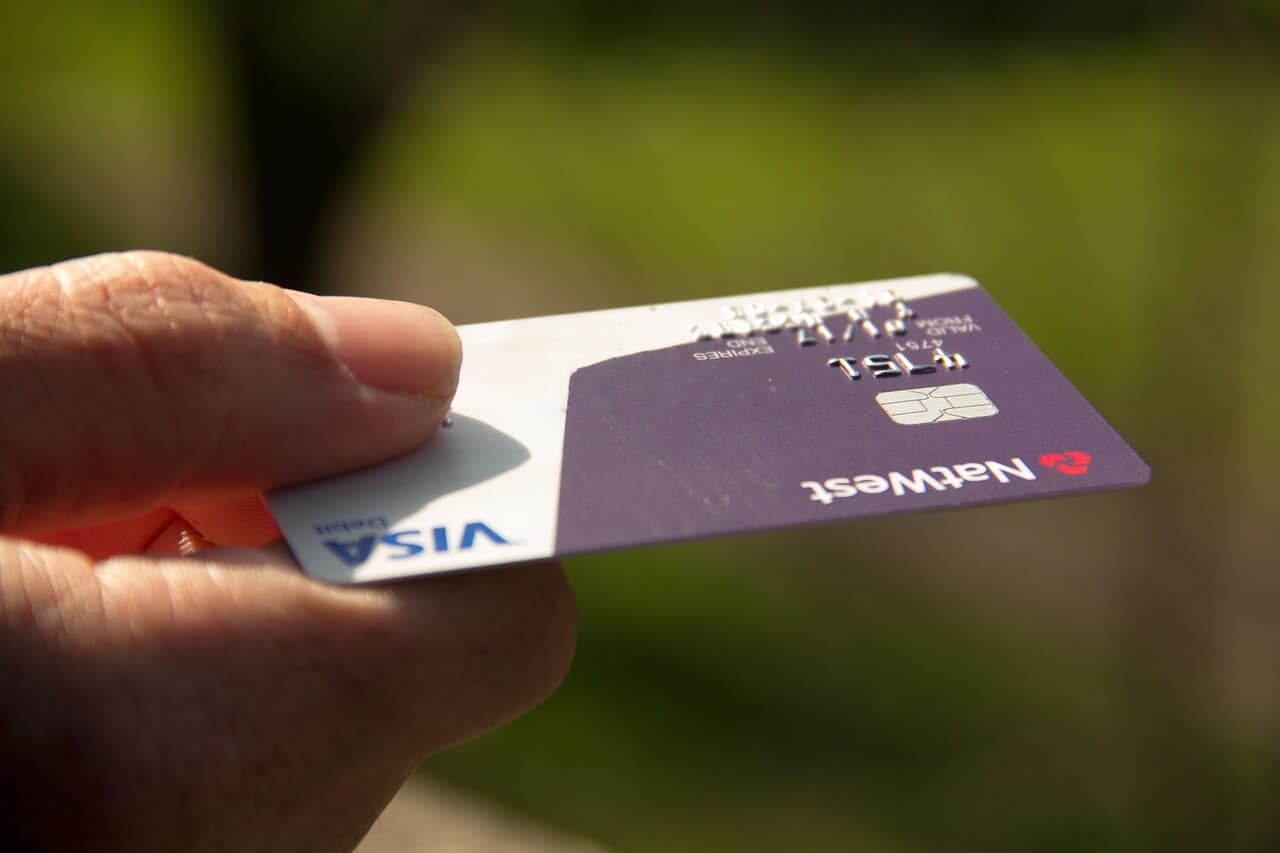The Blog
Tackling Financial Literacy and Entrepreneurship: An Evaluation of NatWest’s Pioneering Programmes

Introduction
In the midst of a financial literacy crisis in the UK, NatWest has stepped forward with two innovative initiatives: MoneySense, a comprehensive financial education programme for children aged 5-18, and ‘Back Her Business’, a supportive scheme for aspiring female entrepreneurs. These initiatives reflect a commendable acknowledgment by NatWest of the critical gaps in financial education and support for women in business within the country. While these programmes have made significant strides towards addressing these issues, their overall impact begs a closer examination, especially in terms of reach, accessibility, and the allocation of resources towards the nation’s most vulnerable populations.
MoneySense: Lighting the Path to Financial Literacy
NatWest’s MoneySense programme is a pioneering effort aimed at embedding essential financial literacy skills in the younger generation. By providing free resources and interactive sessions, MoneySense has the potential to arm children and teenagers with the knowledge required to navigate the financial challenges of adulthood. The programme’s positive impact on financial understanding among the youth is commendable, highlighting NatWest’s proactive approach in filling the educational void.
However, the effectiveness of MoneySense is contingent upon its accessibility and uptake. Questions arise regarding the programme’s visibility and reach, particularly in underprivileged areas where financial education is most needed. Is MoneySense known and accessible enough to those who stand to benefit the most from it? Are sufficient efforts being made to integrate this valuable programme into schools across all regions, including the poorest parts of the country? The answers to these questions are vital in assessing the programme’s capacity to make a universal impact.
Back Her Business’: Empowering Female Entrepreneurs
Similarly, ‘Back Her Business’ has emerged as a beacon of support for female entrepreneurs, offering funding, mentorship, and resources to help women bring their business ideas to fruition. This initiative not only aids in closing the gender gap in entrepreneurship but also enriches the UK’s business landscape with diverse and innovative ventures.
Yet, the reach and impact of ‘Back Her Business’ warrant scrutiny. While there are success stories of women who have leveraged the programme to achieve their entrepreneurial dreams, it’s important to question whether the initiative is widely known and accessible across the UK. Does ‘Back Her Business’ have the infrastructure and resources to support women entrepreneurs in the most deprived areas? The programme’s ability to enact change hinges on its inclusivity and the depth of its resources.
A Call for Wider Reach and Deeper Impact
Both MoneySense and ‘Back Her Business’ illustrate NatWest’s recognition of and response to the pressing needs for financial literacy and support for female entrepreneurship. However, the true success of these programmes lies in their ability to reach and resonate with a broad audience. Ensuring that every child and every aspiring woman entrepreneur has access to these resources is paramount.
As commendable as these initiatives are, they also highlight the need for continuous evaluation and adaptation. Expanding their reach, increasing public awareness, and ensuring the allocation of resources to the areas of greatest need are challenges that NatWest must address. Partnering with educational institutions, community organisations, and other stakeholders could amplify the impact of these programmes, making financial literacy and entrepreneurship support more accessible to all.
Conclusion
NatWest’s MoneySense and ‘Back Her Business’ programmes are significant steps towards addressing the financial literacy crisis and empowering female entrepreneurs in the UK. However, their potential is fully realised only when their reach is universal, and their resources are directed towards those who need them most. By striving for greater inclusivity and continuously evaluating and expanding these initiatives, NatWest can lead the way in creating a more financially literate and entrepreneurially vibrant Britain. The journey ahead is challenging, but with commitment and collaboration, the impact of these programmes can be profound and far-reaching, paving the way for a more financially savvy and equitable society.